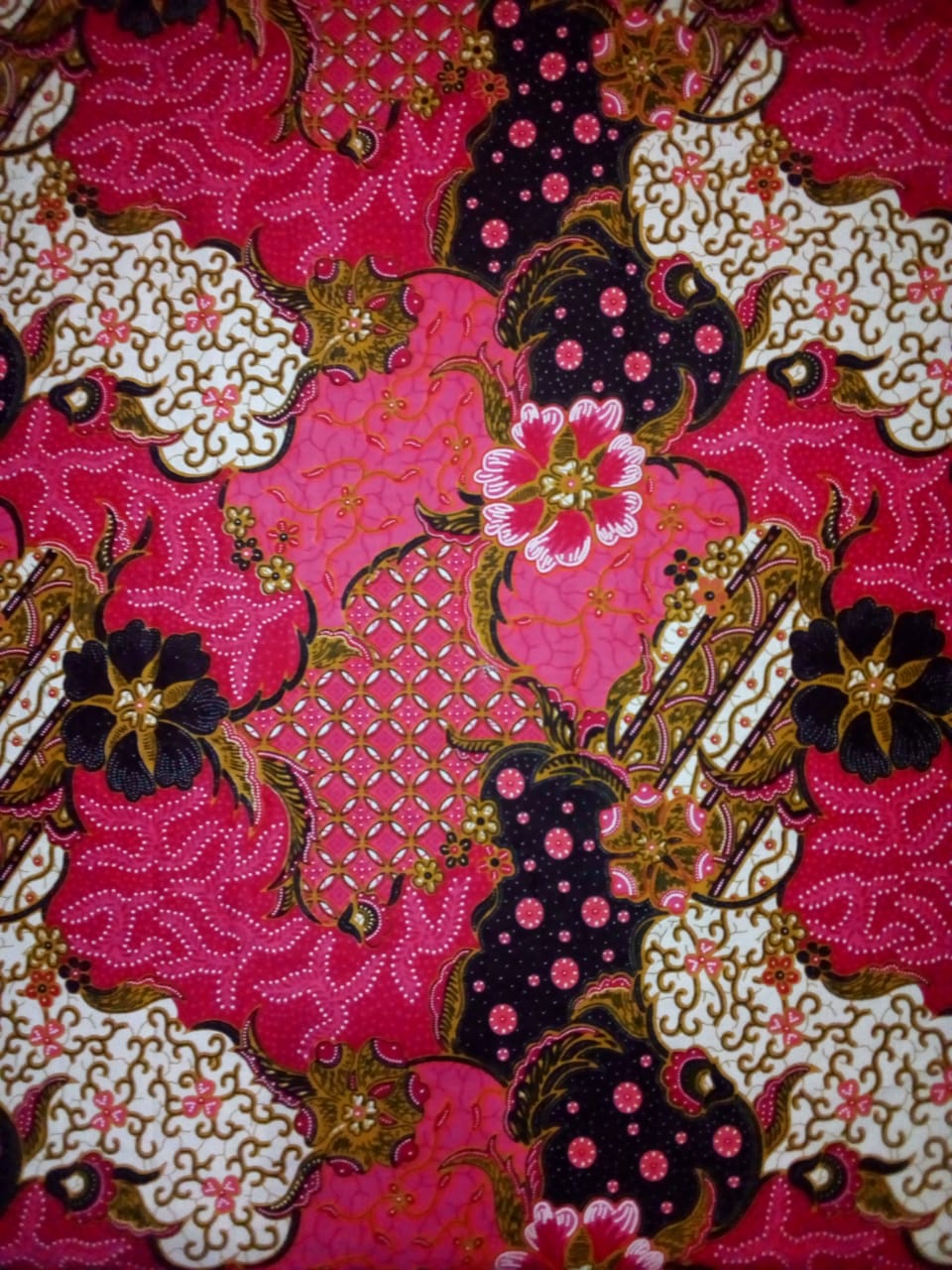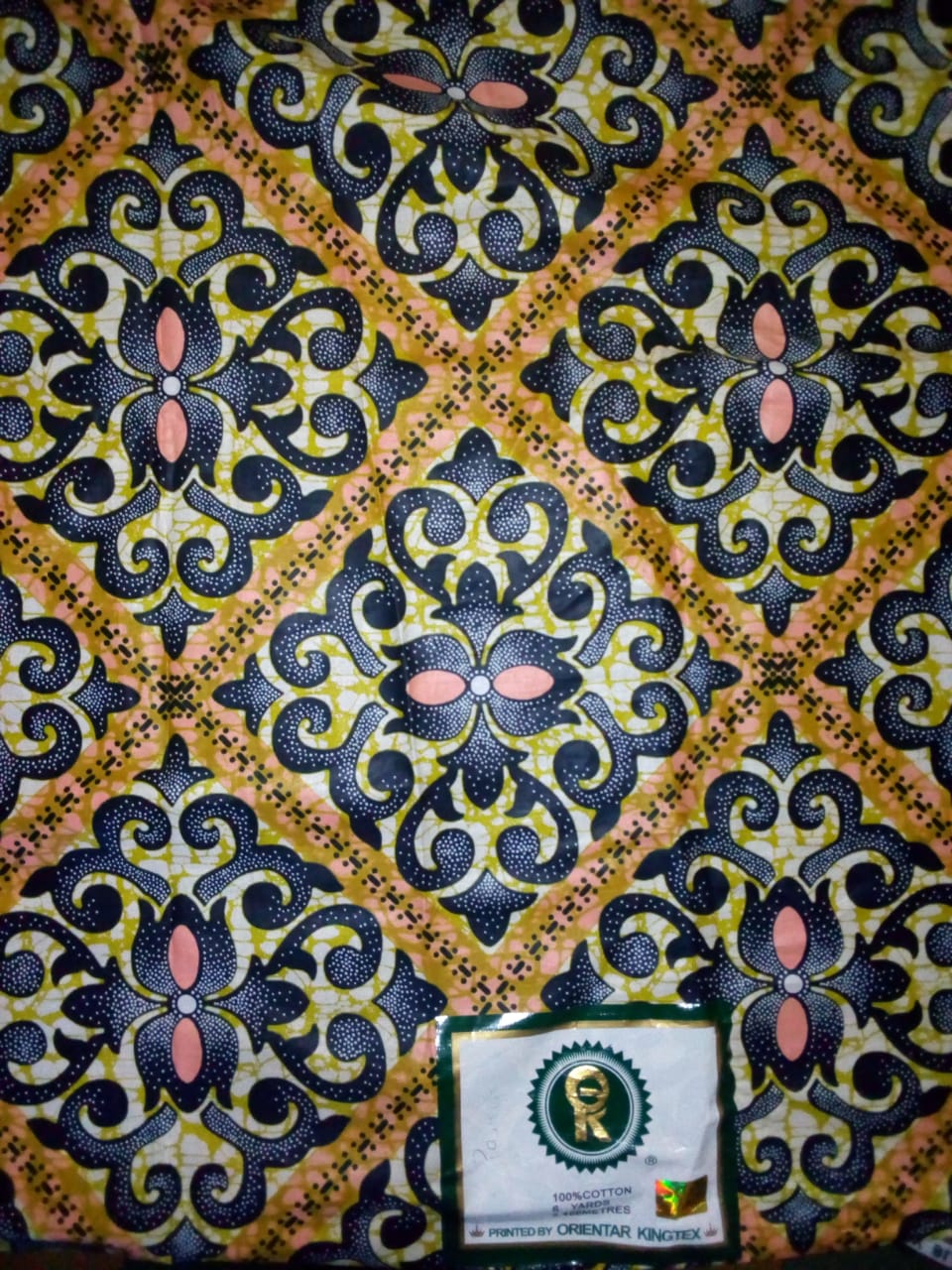In 1996, my mother and I left Bujumbura for Nairobi. My father had already fled to Kenya a year before, and was waiting to meet us at the airport. After the plane had landed, and we had finally met my father, I suddenly ran and hid behind my mother yelling, “basoda! based!” and pointing at the police on guard duty. My parents had to reassure me that the police would not shoot us. I was two years old.
In Nairobi, we found a community of fellow urban refugees we learned to call family. They were aunts, uncles, and cousins. Most were Burundians like us, and the rest were from Rwanda and Congo.
We had all fled wars and political repression, but we built lives that extended beyond that common experience of violence. We shared common dishes, including beans and vegetables cooked in mawese (palm oil), brochettes (pieces of roasted meat served on wooden or metallic sticks), sombe made from pounded cassava leaves, and ubugari cooked from the cassava tubers. Occasionally, when one of the families was lucky and a relative back home had sent fried ndagala or mkeke fished from Lake Tanganyika, couriered by long-distance truckers, our mothers shared some with each other.
During special functions, our mothers and aunts would wear beautiful Congolese kitenge designs and would use the remaining material to make shirts for the men and outfits for the children. Food and fashion drew us together and brought pleasure and joy.

When there was cause for trouble or sorrow or joy, the community came together and mourned and delighted as befitted the occasion. After my aunt Valerie had been arrested by the police for not having her official documents, my parents and aunts and uncles found a way to get her out. When one of our uncles or aunts was getting married, we combined our resources to make it special: my mothers and aunts cooked the dishes the guests would eat while we children basked in the general excitement.
Yet, the turmoil we had escaped did not leave us unmarked. When my mother and aunts would gather, they would discuss how cold Nairobi was compared to Bujumbura or Kigali or Uvira or Bukavu, something that happened to them or someone they knew during the week, how hard life in Nairobi was, and slowly trail to their stories of war. My mother would recount how she used to tie me to her back with her kikwembe and run at the sound of gunshots, how she walked from Bujumbura to Gatumba in Congo while she carried me, the horror of violence and death she had witnessed, and the people she knew and loved that were dead.
Many times, my mother or one of the aunts would be overwhelmed with emotion and we children would be told to go and play outside. We would leave the room silent and embarrassed, as though we had witnessed something we shouldn’t have. Adult men would also gather to discuss the past, but children were excluded from such meetings. Our induction into such meetings—the boys that is, the girls were permanently excluded—marked an entry into adulthood, and by the time I was old enough to attend, there was rarely any mention of war or past homes.
The wars of the 1990s created multiple groups of urban refugees. Along with the Congolese, Burundians, and Rwandans, there were the Ethiopians, the Eritreans, the Somalis, the Sudanese, and even Liberians. We tended to cluster in similar residential areas, including the grey blocks of Nyayo Highrise estate.
Because we were all foreigners, it was generally understood that we were to be civil to each other. Geographic and linguistic proximities shaped the communities that formed. East-Central African communities spoke French and a common Swahili lingua franca, while the Rwandans and Burundians could converse perfectly to each other when they spoke Kinyarwanda and Kirundi tongues. It was easier to embrace those with familiar tongues, to call them family. Communication with the other urban refugees was difficult as they spoke Amharic, English, and Somali. Still, we cobbled fragments of English and Kiswahili, enough to understand and support each other.
While our shared status as refugees brought us together, it did not ameliorate our differences. Congolese were referred to as escrocs (tricksters) and we, the children, were warned that good Christians did not listen or dance to the lascivious Congolese rhumba music. One Burundian aunt remarked that Congolese were constantly arrested and harassed because they refused to abandon their flamboyance and loudness to blend in with the Kenyans. All of this said, of course, when Congolese refugees were not present. Ethiopians were dismissed as “uppity,” because they kept to themselves, and Sudanese, were described as “strong-headed,” especially when there were disagreements between members of different communities.
Still, we needed each other, and we knew it.
We feared and distrusted the Kenyan police, partly because of how we’d experienced the police in our home countries, and partly because of the terror of President Moi’s regime. Refugees had fled places where among those murdering, raping, and maiming were armed, uniformed men. We found Kenya’s police no less threatening. Moi’s regime was anti-refugee, and forced repatriations were common. The police harassed refugees, demanding bribes not to arrest us, and arresting and abusing us even after bribes had been paid. Those who did not have the money to bribe the police were jailed, awaiting sentencing and possible deportation to their warring countries.
We dreaded Nyayo House, in particular. It was where Kenya’s immigration offices were located, but the basement held torture chambers. It was the two faces of Kenya: the official recognition we needed and the repression we feared. It was generally understood that it was the last place one should find themselves.
Our ambivalent relation to the Kenyan state extended to how we related to Kenyans. Kenya was meant to be a transitory place for refugees, a place we awaited relocation to other countries. We were meant to be grateful, whatever the circumstance, and to always remember that a place of safety and stability had been provided, even if temporarily. Kenyans were in their home, and we weren’t supposed to exhaust the hospitality of our hosts. Our parents constantly reminded us not to compare ourselves to our Kenyan peers: They’re in their home, you are not. They can mess up, you can’t.
When we first arrived, Kenyan neighbors were often curious and even friendly. For instance, when we collected cassava leaves to be pounded and make a dish, they were concerned and even warned of our imminent death if we ate them. They were surprised when we greeted them unharmed, and still firmly refused to take the sombe offered to them. Over time as the number of refugees noticeably increased and the government ordered crackdowns on undocumented refugees, complaints about too many foreigners ruining things became common.
My family and most Burundians and Rwandans we knew passed for Kenyan, unlike many Somalis, Sudanese, Eritreans, and Ethiopians. Therefore we did not face as much harsh harassment as other refugees and immigrants. My mother was taken as Kikuyu, while my father was mistaken to be Luo—later, during the 2007 Kenyan Post-Election Violence his friends, half-jesting and half-serious, warned him not to go to certain places because of this resemblance. My siblings and I were thought to be Kamba or Kalenjin or Maasai or Luhya, until teachers called the register in school. Our names, longer than typical Kenyan names, slipped and slid off the tongues of friends and classmates. Our names identified us as foreigners.
As the years passed, my aunts, uncles and cousins dwindled. One after the other, refugees left for more permanent homes in Europe, the U.S., Australia, and Canada. Only a few of us remained. Too, the community shrank as we dispersed to other residential areas. Distant phone calls became a source of connection between families for a while, but those, too, stopped. There were no more gatherings. Later my parents got more Kenyan friends, and soon there were other aunts, uncles, and cousins to replace those we had lost.
Now when my mother speaks of her war memories, she does so with a diminished sadness, at times laughing as she recounts of how I ran from the Kenyan police, and marveling that she once walked such long distances carrying a heavy me on her back.






